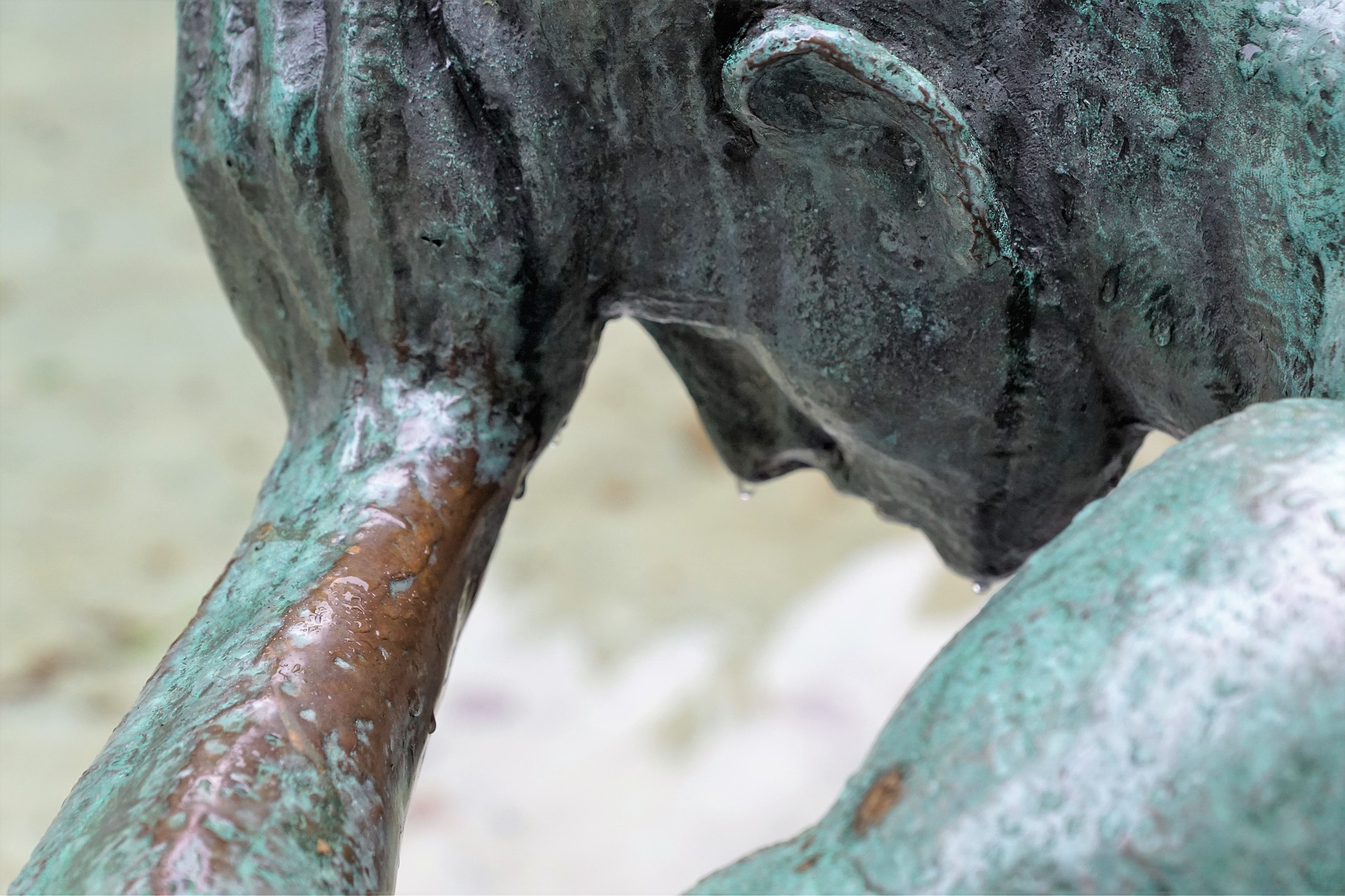Checking understanding: therapy
 The following worksheet checks your understanding of psychological treatments of psychological disorders. It should not matter which disorder you have studied - the critical thinking for each of the questions will be the same, just with slightly different examples. Try to answer the questions first before checking the answers that are provided in the "hidden boxes."
The following worksheet checks your understanding of psychological treatments of psychological disorders. It should not matter which disorder you have studied - the critical thinking for each of the questions will be the same, just with slightly different examples. Try to answer the questions first before checking the answers that are provided in the "hidden boxes."
Checking for understanding
1. According to Beck and Ellis, what is the key reason that an individual would experience mental illness?
CBT is based on cognitive psychology's theory of information processing. The way that we perceive the world around us and process information results in our behaviour. Both theorists argue that it is irrational thinking about ourselves and others, as well as core beliefs about ourselves that influence our behaviour. For example, depression is based on the cognitive triad: negative beliefs about oneself; negative beliefs about the world; negative beliefs about the future. The goal of CBT is to help the client change these automatic beliefs.
2. According to Ellis, what role does shame play in one's mental health?
Shame limits our ability to take risks which may result in living fully. He argues that this leads to feelings of isolation, low self-esteem, and worthlessness. These are characteristics of clients who suffer from depression as well as other disorders.
3. What is meant by Beck's concept of "automatic thoughts?"
Automatic thoughts are essentially schema that are triggered by an event. So, when you are in a classroom and the teacher announces that we are going to do oral presentations next week, your first thought is "I am not able to speak in public. People will all make fun of me." He argued that automatic thoughts reveal an individual's core beliefs about him or herself.
4. What does the research say about relapse rates with CBT?
Research seems to indicate that relapse rates are lower than with drug treatment alone. Teasdale has argued that this is because it teaches clients how to solve their own problems by making them meta-cognitive - that is, teaching them to think about their thinking. Relapse rates appear to be the lowest for clients that have both drug treatment and CBT.
5. What is the key difference between an outcome-based study and a process-based study?
An outcome study simply measures if the therapy "worked" or not. This is difficult because who should decide this? The therapist? That is a problem of research bias. The client? There may be many reasons why the client may say it did or didn't work. Outcome-based studies ignore the highly individualized nature of therapy. Process-based studies look at individual clients and how much they improve throughout the process of therapy, recognizing the role of other variables that are beyond the control of the psychologist. These studies, however, are often case studies, and thus it is more difficult to draw conclusions about effectiveness.
6. What are the ethical concerns about CBT?
There are actually several ethical concerns about individualized therapy. One is that the therapy is directive - that is, a therapist decides which thoughts that a client has are "irrational." This may be seen as having too much power in the relationship. Ellis is often criticized for the confrontational nature of his therapy. Freudian therapy is often criticized for leading to false memory syndrome as memories of childhood abuse or trauma that were supposedly repressed are recalled because of prompting from the therapist. Finally, in all one-on-one therapy, it is important that the therapist keeps the relationship "professional" and does not get too become emotionally involved with the client. One of the criticisms of individualized therapy is that the client may become too dependent on the therapist.
7. What is Eysenck's theory of "spontaneous remission?" How can we disprove this theory?
Eysenck argues that we cannot know if therapy works because a disorder may go away "all on its own". We can disprove this by carrying out studies that compare treatments and placebos. Elkin's study is one example. Eysenck could argue that we still cannot 100% disprove his theory, but the fact that we continue to get similar results when comparing therapies is support for the argument that he is wrong.
8. With regard to CBT, why is it important to understand the relationship between etiology and the therapeutic approach?
CBT is based on the theories of Beck and other cognitive theorists that schema play a key role in the nature of depression. For example, we cannot know if depression leads to irrational thinking patterns or if irrational thinking patterns lead to depression. This being the case, it is possible that CBT is only treating the symptoms of the disorder, rather than the cause.

 IB Docs (2) Team
IB Docs (2) Team
